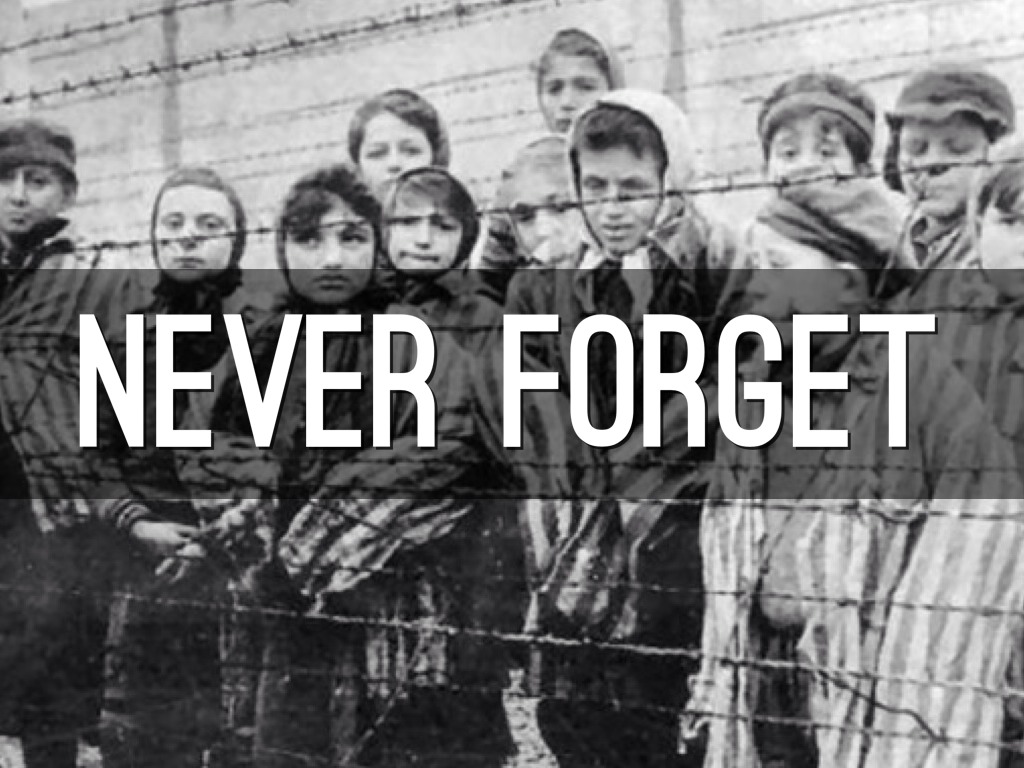What did you learn?
In class this week, we learned a little bit about the laws that Adolf Hitler wrote against the Jews. There were over 400 of them put in place between 1933 and 1945. We learned that they came in bursts rather than a certain number every year. They started out with just taking away social activities, like "Jews cannot belong to a German Automobile Club", but over the years, they started to get a bit more severe. One of them was "Jews were not allowed to graduate". Their education was taken away. Some of the laws had a close resemblemce to American segregation in the 1900s. For example, "Jews not allowed to use swimming pools" or "Jews only allowed to sit on benches marked with yellow color".
Why do you think this monument was built?
I think this monument was built to remember the Holocaust. Monuments are almost always built to remember something or someone. It is important for people to learn about these historic events and tragedies, so that we can prevent them from happening again. We have not always been able to prevent them from happening in the past, and there have been other genocides in other countries, but we might be able to prevent them in the future.
What do you notice about the number of laws passed in certain years?
I notice that the laws came in bursts instead of a certain number every single year. Obviously we didn't look at all 400 of the laws, but we looked at enough to get information about what they were like. The first year, 1933, there were many laws passed. But then in 1934, things slowed down a bit. In 1938, there was another burst, and again in 1942. In the years in between, there were laws passed, but not as many as 1933, 1938, or 1942.
Which restrictions do you think would have been the most trouble dealing with and why?
I think that the most troubling law to deal with was the loss of jobs. If you were already poor, losing your job would make everything ten times worse. Your job is the only way you can get money for food and clothes for yourself and your family, and without it, you could starve.


